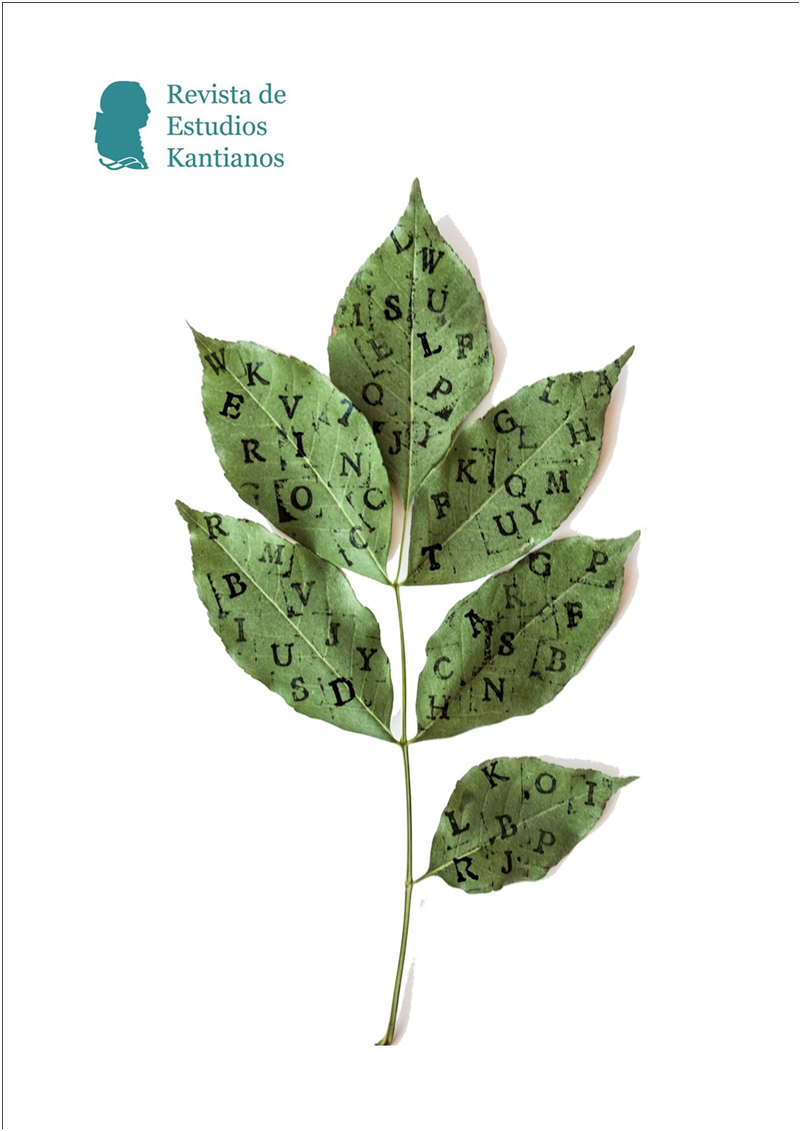From the unity of sensible intuition to the sensible unity of intuition: revisiting the proof-structure of Kant’s B-Deduction argument
DOI:
https://doi.org/10.7203/REK.4.1.12644 Abstract
Abstract
The B-Deduction accounts for Kant’s utmost solution at safeguarding both the distinctiveness and a necessary relation between understanding and sensibility. I aim at proposing an original thesis to the debate on this solution: the B-Deduction argument profits from a methodology correlating the unity of sensible intuition to the sensible unity of intuition. At first, Kant’s definition of “transcendental cognition” is set forth. Secondly, an inquiry into the argument’s methodology is carried out. After that, the justification of the categories within the understanding’s domain is taken into account. Finally, the relation of the understanding to sensibility is brought into discussion.
 Downloads
Downloads
Downloads
Published
How to Cite
-
Abstract427
-
PDF (Español)271
Issue
Section
License
![]()
The authors who publish in this journal agree with the following terms:
- The authors retain their copyright and guarantee to the journal the right to be the first to publish the work and to license it under a Creative Commons Attribution License that allows others to share the work with an acknowledgement of its authorship and the initial publication in this journal.
- Authors may separately establish additional agreements for non-exclusive distribution of the version of the work published in the journal (for example, placing it in an institutional repository or publishing it in a book), with acknowledgement of its initial publication in this journal.
- Authors are allowed and encouraged to disseminate their work electronically (e.g., in institutional repositories or on their own website) before and during the submission process, as this can lead to productive exchanges as well as earlier and greater citation of published work (see The Effect of Open Access).








